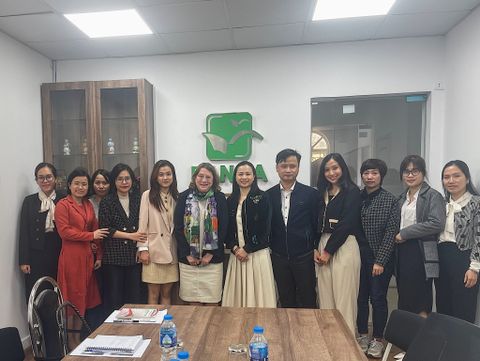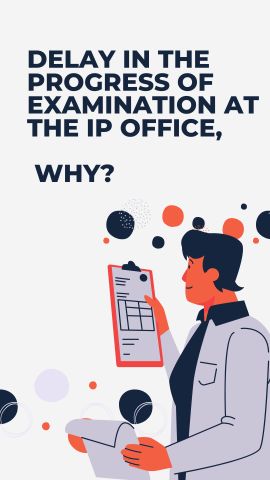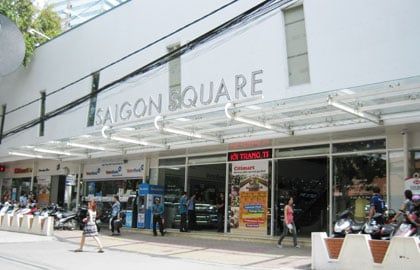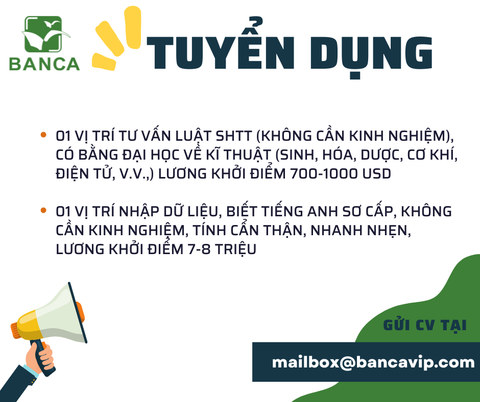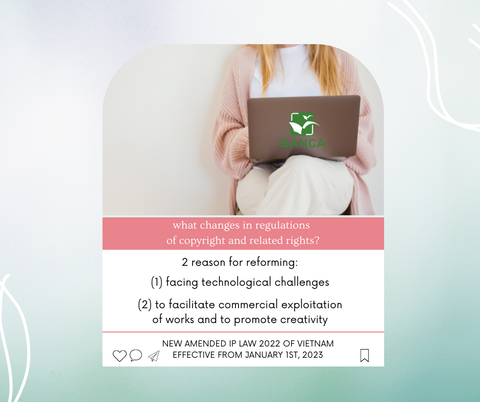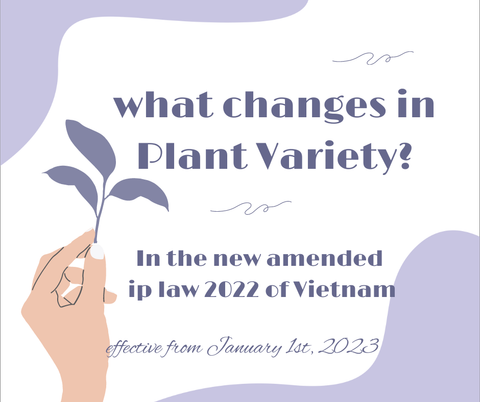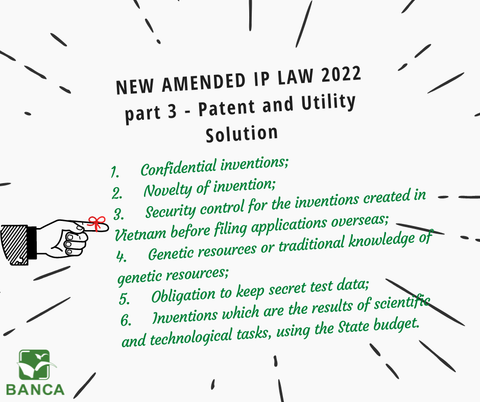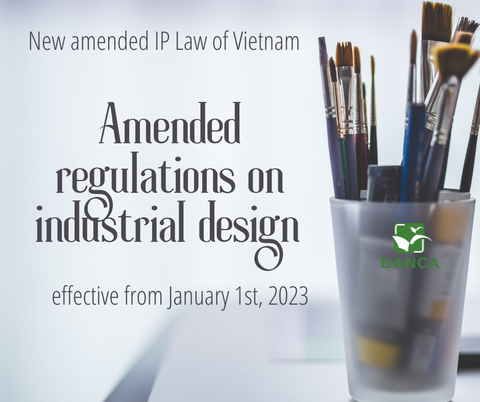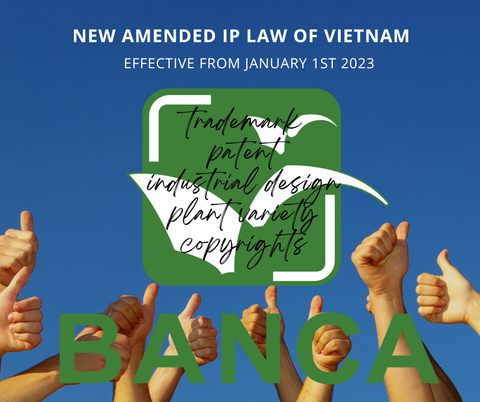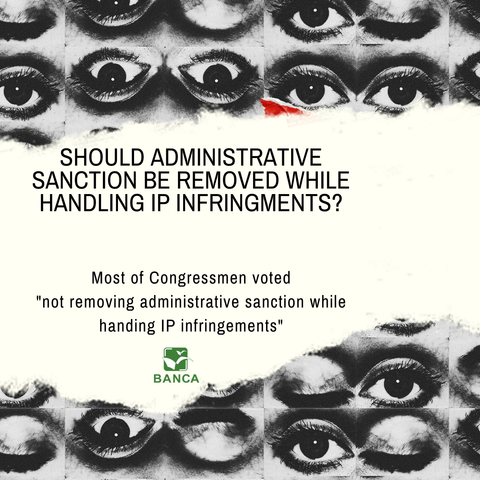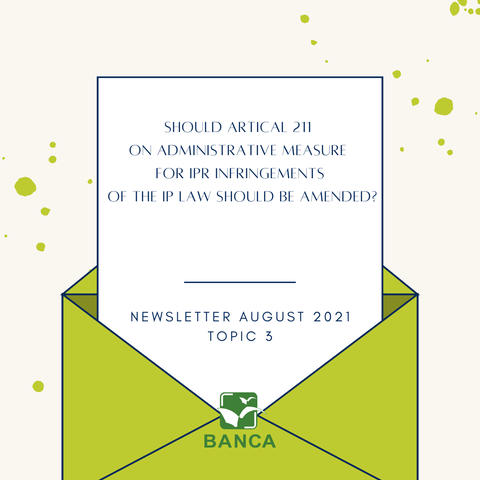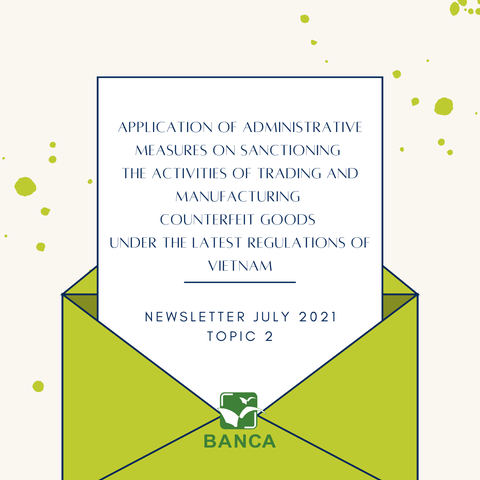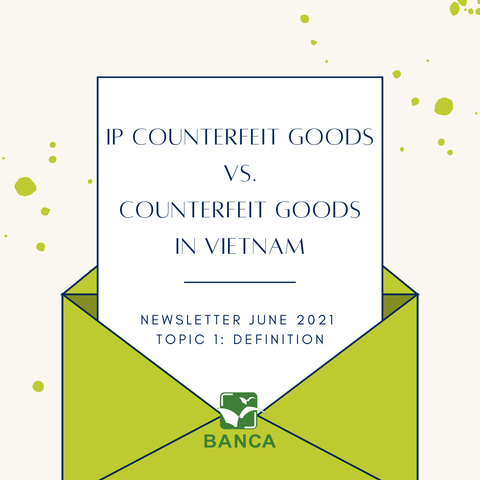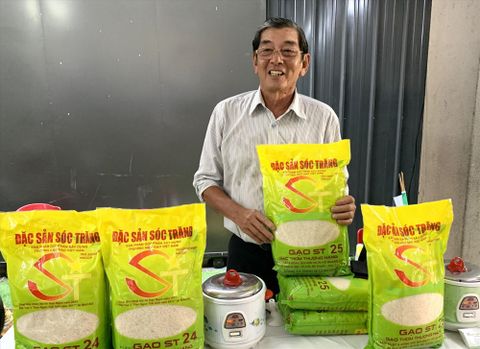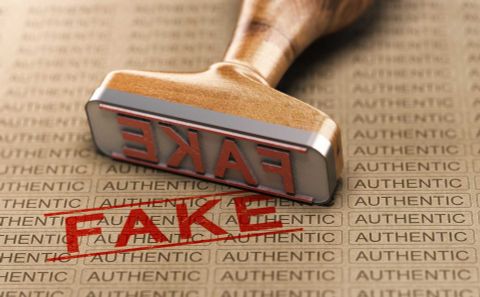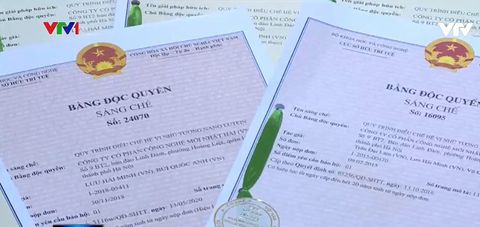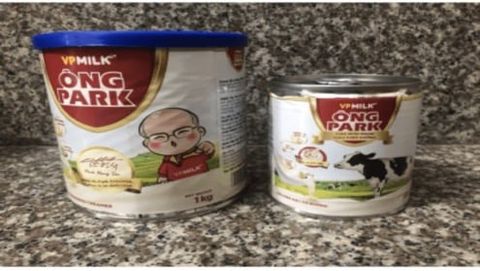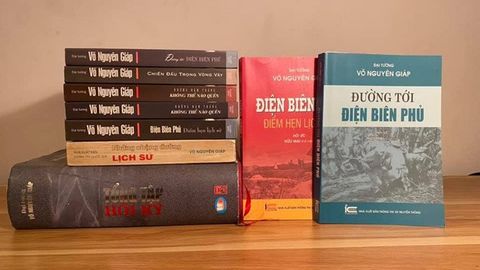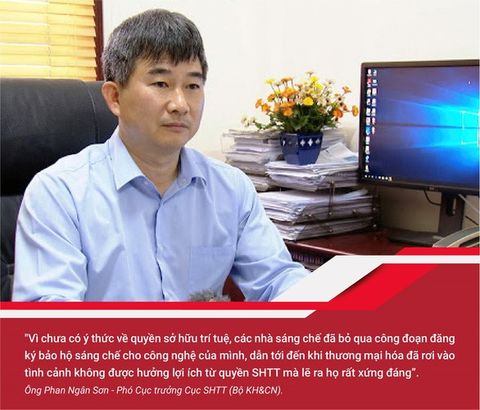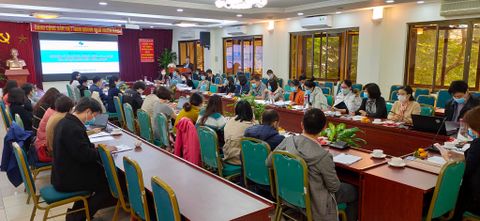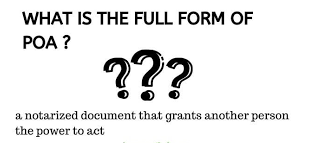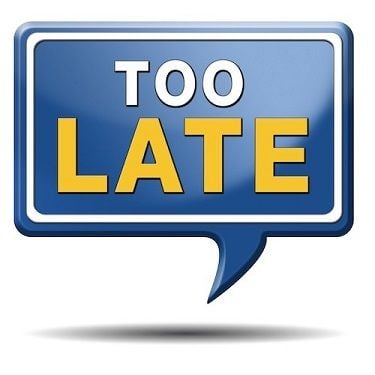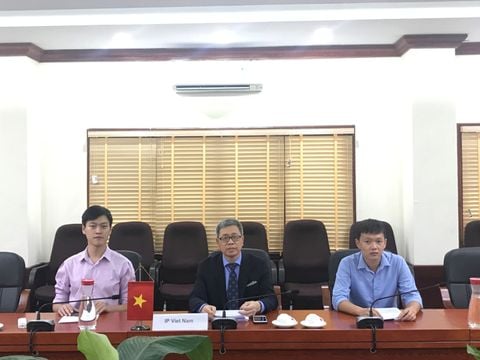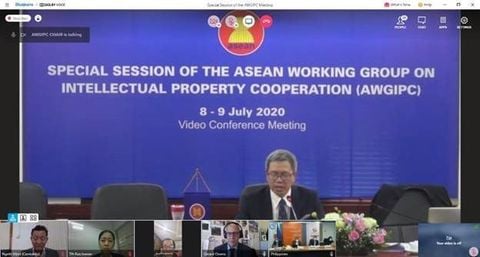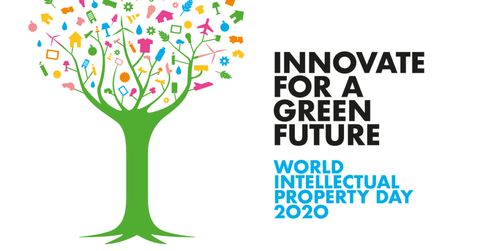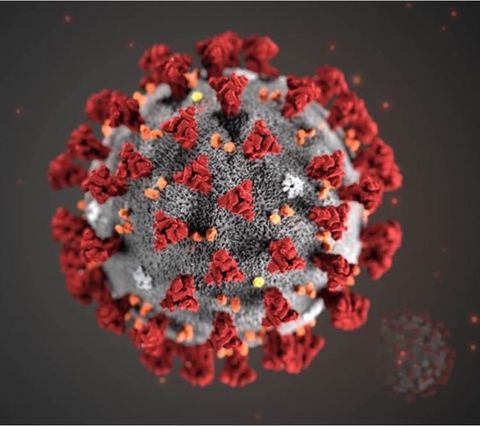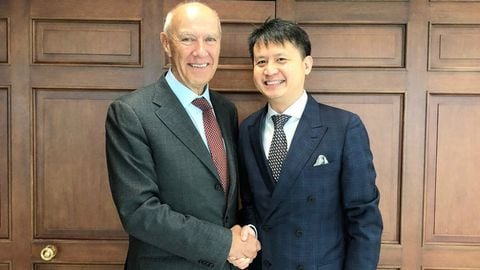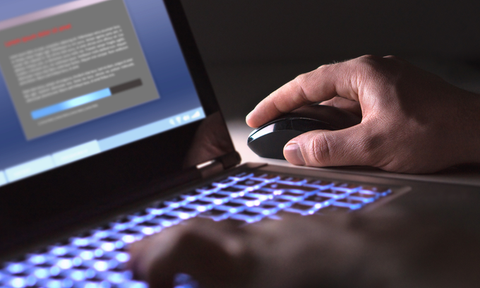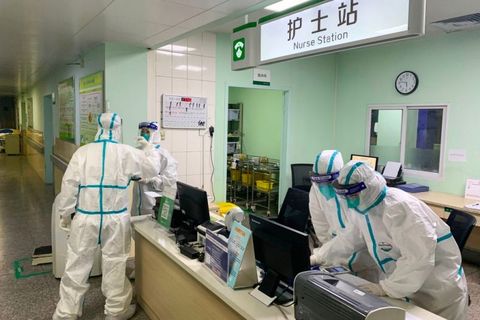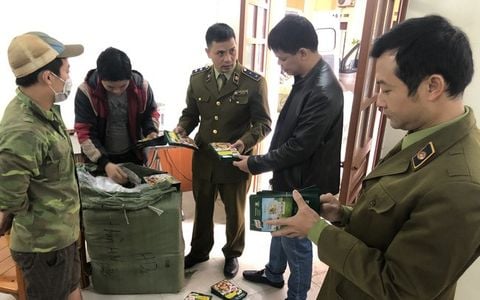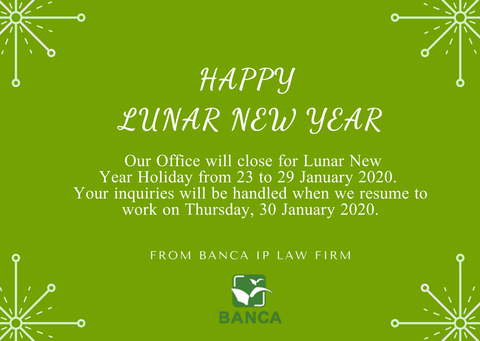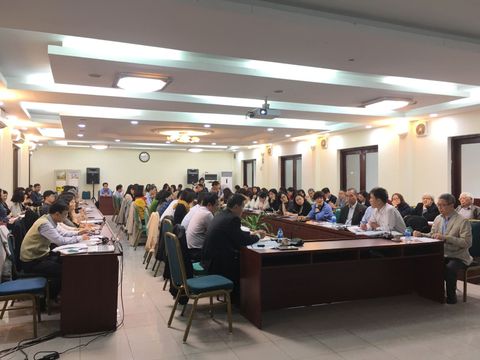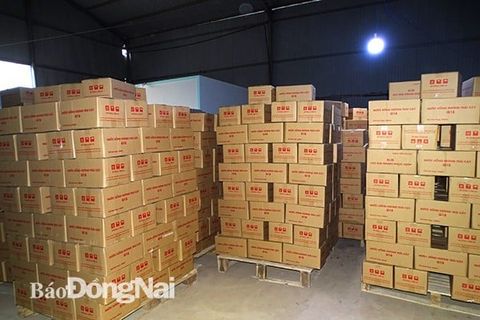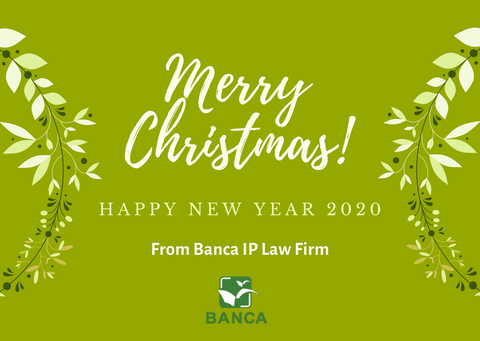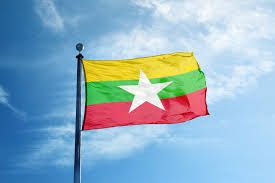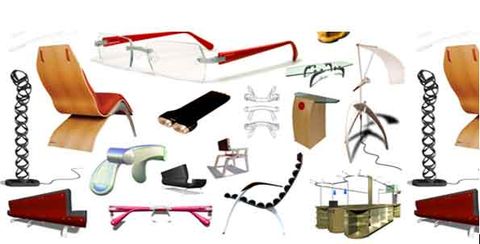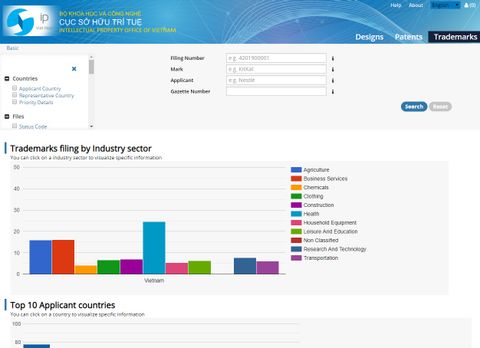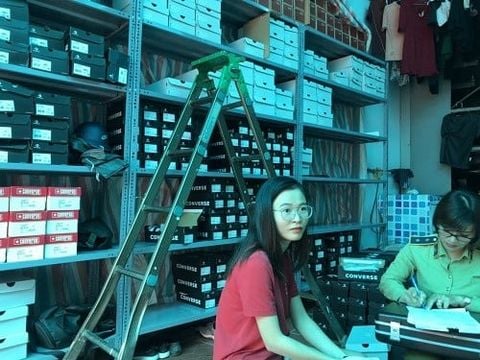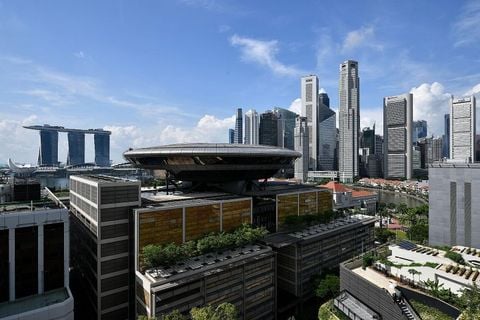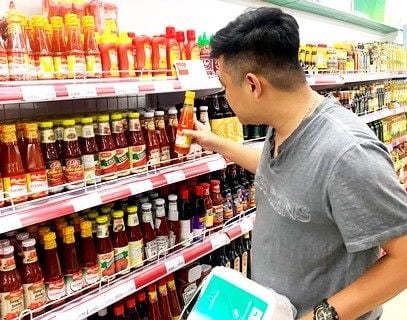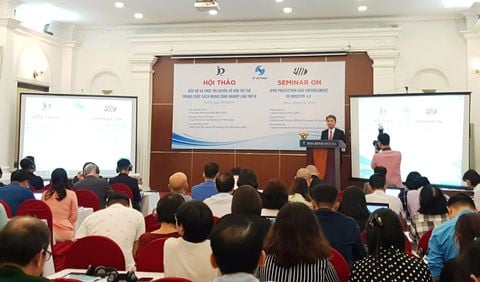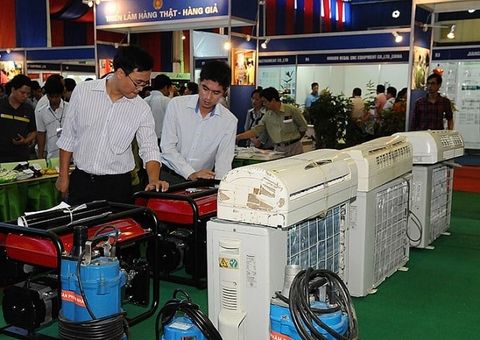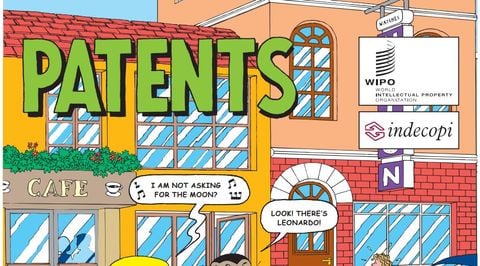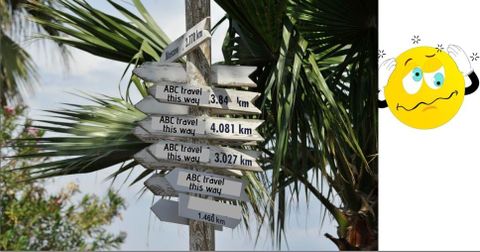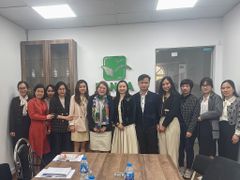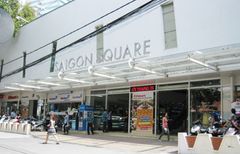
Date: 23-11-2018 by: Banca IP Law Firm
How many types of counterfeit goods and How are they handled under Vietnam’s laws and regulations?
Counterfeit goods and IPR infringements are happening more and more popular today in Vietnam with increasingly professional development. The practice basically shall influence local consumers’ living quality and enterprises’ business environment. The following information will partially address your questions about this issue and current provisions of Vietnam’s laws and regulations on counterfeit goods.
1, Definition of "counterfeit goods" under Decree no. 185/2013/ND-CP:
Under the Decree No. 185/2013/ND-CP on providing the penalties on administrative violations in commercial activities, production of, trading in counterfeit or banned goods and protection of consumer right, counterfeit goods are those:
Article 3.8. "Counterfeit goods” include:
a) Goods without having valuable use or effects; having valuable use or effects but do not match with sources by nature, names of goods; having valuable use or effects which do not match with the registered or notified valuable use or effects;
b) Goods having determined contents of main substances or in nutrients or other basic technical characteristics which have only reached a level of 70% and lower in comparison with the quality criteria or technical standards have been registered or notified to apply or to print on labels or packing of goods;
c) Medicines preventing or treating people, domestic animals without pharmaceutical substances; or with pharmaceutical substances but do not match the registered contents; or not sufficient the registered catalogues; with other pharmaceutical substances which are different from the pharmaceutical substances stated on the labels or packing of the goods;
d) Insecticides without active elements; or contents of active elements of 70% and below in comparison with the registered or notified quality criteria or technical standards; or not sufficient the registered active elements; or with active elements which are different with those stated on labels or packing of the goods;
e) Goods with labels or packing which have forged names or addresses of other entrepreneurs; trade names or product names; circulation registration codes, barcodes or the goods packing of other entrepreneurs;
e) Goods with labels or packing faking indications on origin or place of manufacturing, packing, assembling goods;
g) Goods have been forged in term of intellectual property rights as provided by Article 213 of the 2005 Law on Intellectual Property Rights;
- Intellectual property counterfeit goods referred to in this Law include counterfeit mark goods or counterfeit geographical indication goods (hereinafter referred to as counterfeit mark goods) referred to in paragraph 2 of this Article and pirated goods referred to in paragraph 3 of this Article.
- Counterfeit mark goods are goods or their packaging bearing a mark or a sign which is identical with or substantially indistinguishable from a mark or geographical indication which is protected for such goods without the consent of the owner of such mark or the management organization of such geographical indication respectively.
- Pirated goods are copies made without the consent of the copyrights holder or the related rights holder.
h) Forged stamps, labels or packing.
2, Administrative measures to handle counterfeit goods:
a, Administrative measures to handle counterfeit goods are ruled under the Decree 185/2013 NĐ-CP regulating under Article 11 to 14 as follows:
Read the details of these regulations HERE
The Decree 185 is expected to create legal ground and corridor for authorities and rights’ holders to be against the production and trade of counterfeit goods.
b, How will the manufacturing and trading of fake goods be subjected to criminal liability under the Criminal Code?
Regulated from Article 192-195 of the 2015 Criminal Code, they were amended and supplemented in 2017 in respect of producing and trading fake goods: during the process of applying administrative measures, if the authorities find out the act of violations is in large scale which causes damages to consumers and the society, or in other words such actions conduct crimes, the case will be transferred to the police for handling under the provisions of the Criminal Code.
Read the details of the aforesaid articles HERE.
